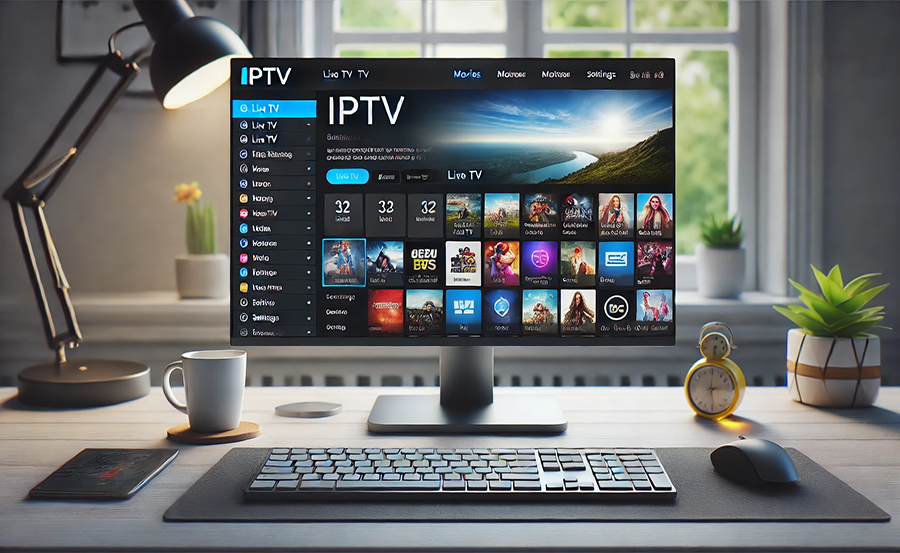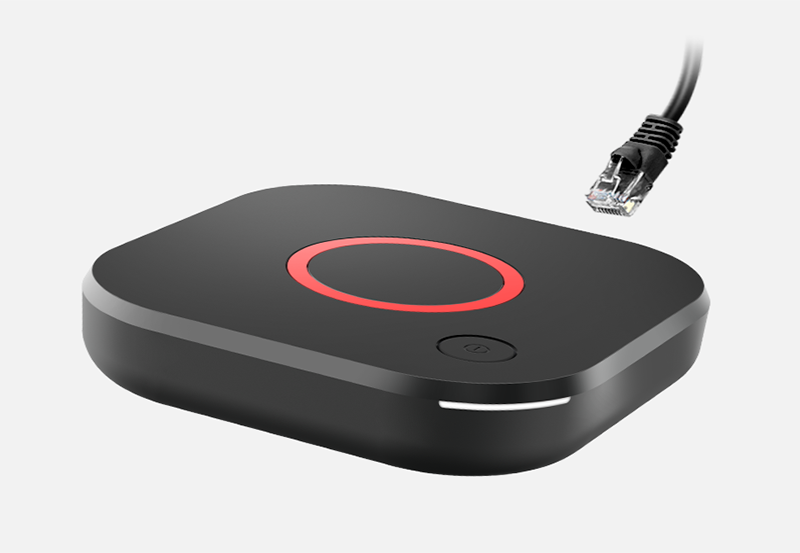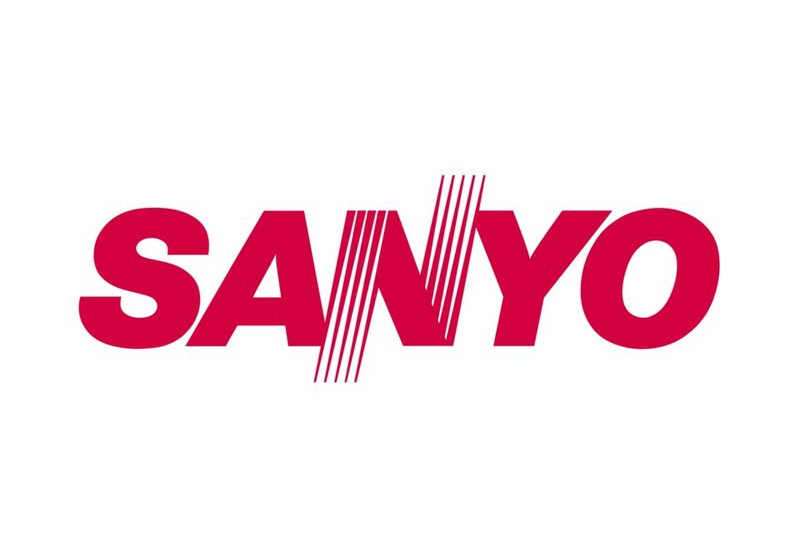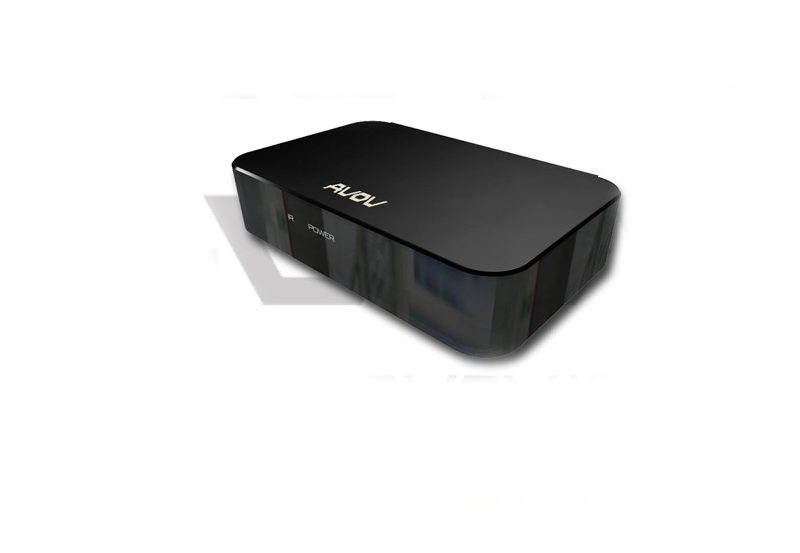In today’s fast-paced digital world, maximizing your entertainment experience with IPTV involves understanding the tools available to you. VLC Media Player is a versatile software that many users prefer for streaming IPTV on Windows. This article will provide insights, optimized tips, and helpful tricks to make the most out of your IPTV experience.
Getting Started with VLC for IPTV
If you’re new to the world of IPTV, starting with VLC on Windows could be your best bet. VLC Media Player is widely known for its ability to handle almost any media file or streaming protocol you throw at it. Let’s explore how you can set up VLC for IPTV streaming effortlessly.
Downloading and Installing VLC
The installation process for VLC on Windows is straightforward. Begin by visiting the official VLC website and downloading the latest version that’s suitable for your Windows operating system. Once downloaded, run the installer and follow the on-screen instructions. Ensure that you have adequate permissions to install new software on your device.
Smart Insight:
Never miss a beat with IPTV UK, designed for flawless streaming of your favorite content.
Configuring IPTV Services in VLC
Once VLC is installed, you must configure it to stream IPTV. It’s essential to have a reliable IPTV subscription that provides you with a playlist or M3U file. Open VLC, click on Media, then Open Network Stream. In the box, enter the URL of your IPTV playlist, click Play, and you’re ready to tune into your favorite channels.
Using Playlist Files for a Better Experience
Importing playlist files can significantly amplify your IPTV enjoyment. To do this, save your M3U or M3U8 file on your desktop. Launch VLC, choose Media, and then Open File. Navigate to, select, and open your M3U file. This method is often faster and more reliable than using URLs, especially when dealing with extensive playlists.
Enhancing IPTV Streaming Quality
Once you have your IPTV set up, the next step is ensuring optimal streaming quality. Several factors will influence the quality of your IPTV streams on VLC. From your choice of subscription to video settings within VLC, small adjustments can go a long way.
Choosing the Right IPTV Service
Not all IPTV services are equal, and selecting the right one can profoundly impact your experience. Look for top IPTV subscriptions that guarantee high-quality streams, minimal downtime, and comprehensive channel offerings. User reviews and trial options can help scope out the best IPTV for streaming movies and other content.
Optimizing VLC Settings for IPTV
VLC offers several settings that you can tweak to enhance the streaming performance. Head over to Tools and choose Preferences. Under the Input & Codecs tab, adjust the Hardware-accelerated decoding option based on your system’s capabilities. Additionally, increasing the network cache value can help reduce buffering issues.
Boosting Audio and Visuals
Beyond just streaming, optimizing audio and video can significantly enhance your viewing pleasure. Go to Tools and click on Effects and Filters. Under video effects, adjust brightness, contrast, and other settings. Similarly, under audio effects, you can use equalisers to refine sound quality, making every session enjoyable.
Troubleshooting Common IPTV Issues on VLC
Despite its robustness, you may encounter occasional hiccups while using VLC for IPTV. Addressing these issues efficiently ensures uninterrupted streaming.
Buffering and Lagging Problems
Buffering and lag can be frustrating. To mitigate these, first ensure that your internet connection is stable and fast enough to support streaming. You can also try increasing the network buffering time in VLC to reduce interruptions. If problems persist, consider consulting with your IPTV provider.
Resolving Playback Errors
Playback errors often stem from incorrect stream URLs or outdated VLC versions. Verify that the playlist URL is correct and supported by your IPTV subscription. Updating VLC to the latest version can resolve compatibility issues that might be affecting playback.
Handling Codec Compatibility Challenges
IPTV streams may require specific codecs. If you encounter video or audio codecs issues, ensure that VLC supports the necessary codecs. Installing codec packs on your system or opting for alternative stream links provided by your IPTV service might resolve such issues.
Crafting the Ultimate Viewing Experience
Creating a satisfying IPTV experience with VLC involves more than just setting up and troubleshooting. It’s about personalizing your settings for that perfect mix of audio, visuals, and convenience.
Device Setup and Network Considerations
For seamless IPTV streaming, your device setup is crucial. Ensure that your device is not overwhelmed with other tasks that may affect performance. A dedicated IPTV machine or one with adequate RAM and processing power is ideal. Additionally, using a wired connection rather than Wi-Fi can improve stability.
Integrating External Plugins and Add-ons
VLC’s functionality can be extended with various plugins that might transform your viewing experience. Explore the VLC Extension store for tools that enhance subtitles, add new channels, or allow custom visualizations. These small additions can yield significant improvements to how you enjoy IPTV content.
Scheduling and Recording Content
If you’re keen on not missing out on any content, VLC allows you to schedule recordings of your favorite programs. Use the Advanced Controls feature to record live streams effortlessly. This way, you can enjoy movies or shows on your schedule without any hassle.
FAQs Section

How can I update VLC to work with the latest IPTV standards?
Regularly check for updates directly from VLC’s official website or verify within the application under Help and Check for Updates. Ensuring your software is up-to-date allows compatibility with the newest IPTV protocols and improvements.
What are the best top IPTV subscriptions for reliability?
When selecting an IPTV service, reliability is crucial. Some top IPTV subscriptions are praised for their consistent performance, diversity of channel offerings, and user-friendly interfaces. Research through reputable review sites to make a well-informed decision based on real user feedback.
Why is VLC buffering when streaming IPTV?
Buffering can occur due to network issues or inadequate system resources. Verify the speed and stability of your internet connection, and consider increasing the network cache in VLC’s preferences to potentially alleviate buffering.
Can VLC enhance the streaming quality for better enjoyment?
Yes, VLC offers numerous enhancements that can improve streaming quality. By fine-tuning video and audio effects, as well as adjusting network and codec settings, users can amplify their IPTV enjoyment effortlessly.
Is it possible to automatically update IPTV playlists in VLC?
While VLC doesn’t natively support automatic playlist updates, some IPTV providers include features in their services that auto-update playlists. Alternatively, scripts or external tools might facilitate this on your system, depending on your technical know-how.
Are there legal considerations to keep in mind while using IPTV?
Absolutely, legality can vary by region and the specific IPTV service in use. It’s wise to ensure that the IPTV service you’re subscribing to operates within the legal frameworks of your country. Always read the service terms and comply with local regulations.
What makes VLC the preferred choice for IPTV on Windows?
VLC’s popularity stems from its versatility, ease of use, and compatibility with multiple file formats and stream protocols. Its open-source nature allows for continual enhancements and customizations that suit IPTV usage well, making it a go-to for many Windows users.
Step-by-Step: Cleaning IPTV Cache on Mac





